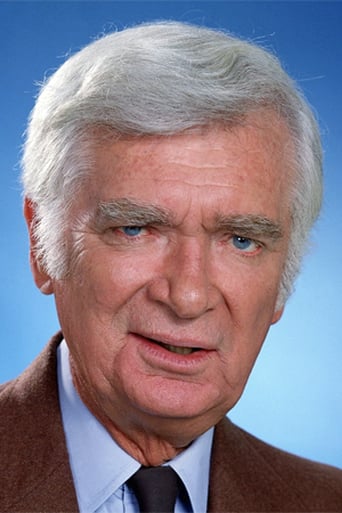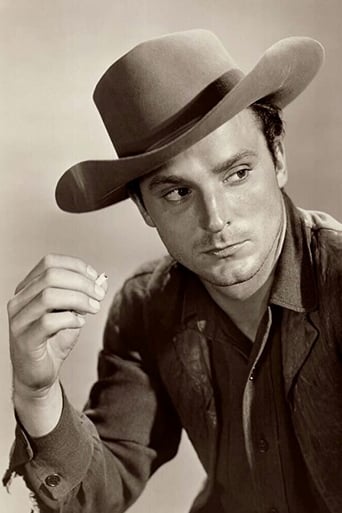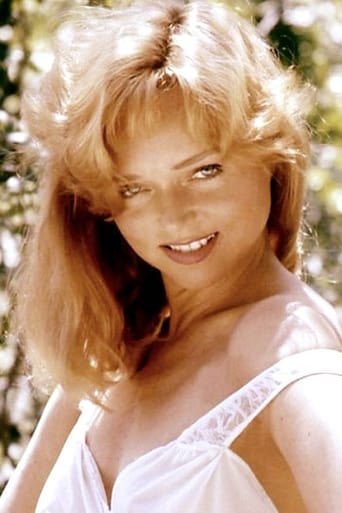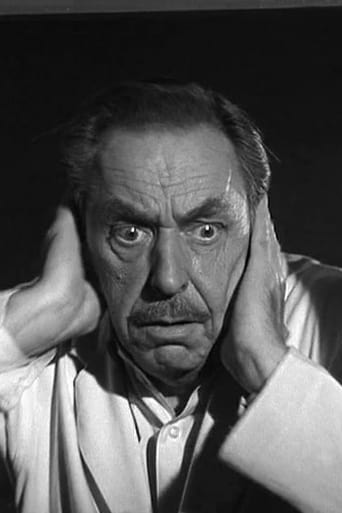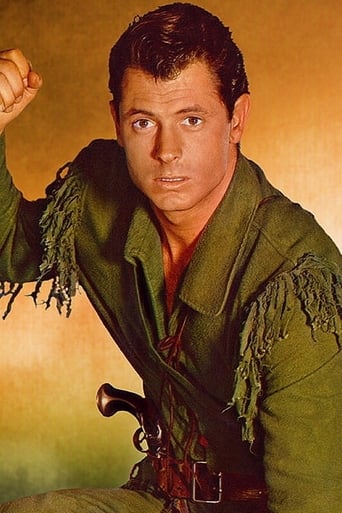europamoon100
"Twenty years after fighting the French in the French and Indian War", is stated above in another comment, as when someone returned to fight for the British in the Revolutionary War.Considering that the French and Indian War was in 1763, twenty years after that was 1783, which was the year that the Treaty of Paris was signed between Great Britain and the United States, which fully- recognized the independence of the United States! The Revolutionary War was long over with by then, ever since Cornwallis had surrendered to George Washington and his army at Yorktown in October 1781.Hence, that "twenty years" is way off. Fifteen years would give 1778, which was in the heart of the Revolutionary War.
silverscreen888
"Northwest Passage's producers and writers drew their characters from the strongly-developed fictional personages of Kenneth Roberts' novel of the same name, set in US Revolutionary War times. Robert Rogers, here a fictionalized frontiersman and military man, was a real person, played in the film of this name by Spencer Tracy. The other were invented. This one-season 1958-59 program was, by my lights as writer, actor and director, the best one-half-hour program made for television in the twentieth century; it is indisputably the best-written and best-produced of all such series. The leading parts were played by Keith Larsen as Rogers, Buddy Ebsen as Hunk Marriner, Don Burnett as Langdon Towne and Philip Tonge as Gen. Amherst. The production qualities were, I suggest, far above average in every respect. The producer was "Star Trek" impresario Robert Justman; original music was composed by Raoul Kraushaar. The series' art direction was provided by William A. Horning and Merrill Pye with period set decorations by veterans F. Keogh Gleason, Henry Grace and Jack Mills. The directors who worked on this series included Otto Lang, George Waggener, Jacques Tourneur and Alan Crosland, Jr. Writers for the shows included Gerald Drayson Adams, Sloan Nibley and more. Many fine actors such as Lisa Gaye, Luis Van Rooten, Charles Horvath, Larry Chance and other contributed to the excellence of the production. The list included John Russell, Karen Steele, Claire Kelly, Peter Whitney, Carole Mathews, Lisa Montell, Paul Picerni, Marcia Henderson, Lee Van Cleef, Gene Nelson, De Forest Kelley, Murvyn Vye, Yvette Vickers, Morris Ankrum, Ben Wright, Patricia Donahue, Jay Novello, Joe Maross, Douglas Kennedy, Dean Harens, Payl Cavanagh, Carol Ohmart, Pernell Roberts, Richard Ney, Bruce Gordon, Sandy Kenyon, Angie Dickinson, Irene Tedrow, Emile Meyer, William Boyett, Alan Hale Jr., Harry Lauter and Denny Miller. I cannot recommend its strong feature-film-quality values too highly.
jeffhill1
"Northwest Passage", a show which a TV Guide article of the time heralded as "When the West was in the East," sparked my interest in the French and Indian War. Although it was over 43 years ago, I do remember the specific 10-19-58 episode entitled "Break-Out" which viewer Dinky 4 mentions. Keith Larson as Major Rogers was not merely captured by "Bad Guys." He was captured by the French forces and as such, Rogers was a prisoner of war working on the road with the other POWs who would not even give their names, ranks, and serial numbers but instead insisted that they were all named "Smith." All knew that if the French knew they had Rogers as a prisoner, the Rangers would never be the same. Of course, great by the end of the episode, Rogers led his fellow POWs in a break-out. I assume that anyone who has seen either the Spencer Tracy movie of the same name or the TV series "Northwest Passage" will think of Major Robert Rogers as an American hero/founding father as well as the originator of The Army Rangers. But here's a bit of a true-history twist. Twenty years after fighting the French in the French and Indian War, Rogers returned to America from England to fight against the American colonists in the American Revolution.
dinky-4
There was such an appetite for TV westerns in the late 1950s that MGM figured it could sell this series even though it's set during the French & Indian War when the frontier was Pittsburgh! Most of its plots, however, could easily be interchanged with those on more traditional westerns. On 10-19-58, for instance, an episode ran titled "Break Out" in which series star Keith Larsen falls into the hands of the Bad Guys who force him to work on a road-gang. This same plot played across the whole "western" spectrum, perhaps because it allowed the lead ctor -- usually a muscular "hunk" -- to appear bare-chested and sweaty and maybe even suffer a bit of bondage and punishment. In "Break Out," Larsen is tied to a post and given a sound whipping. (Despite such sado-masochism, these old TV westerns are often re-run on "Family" channels!)
